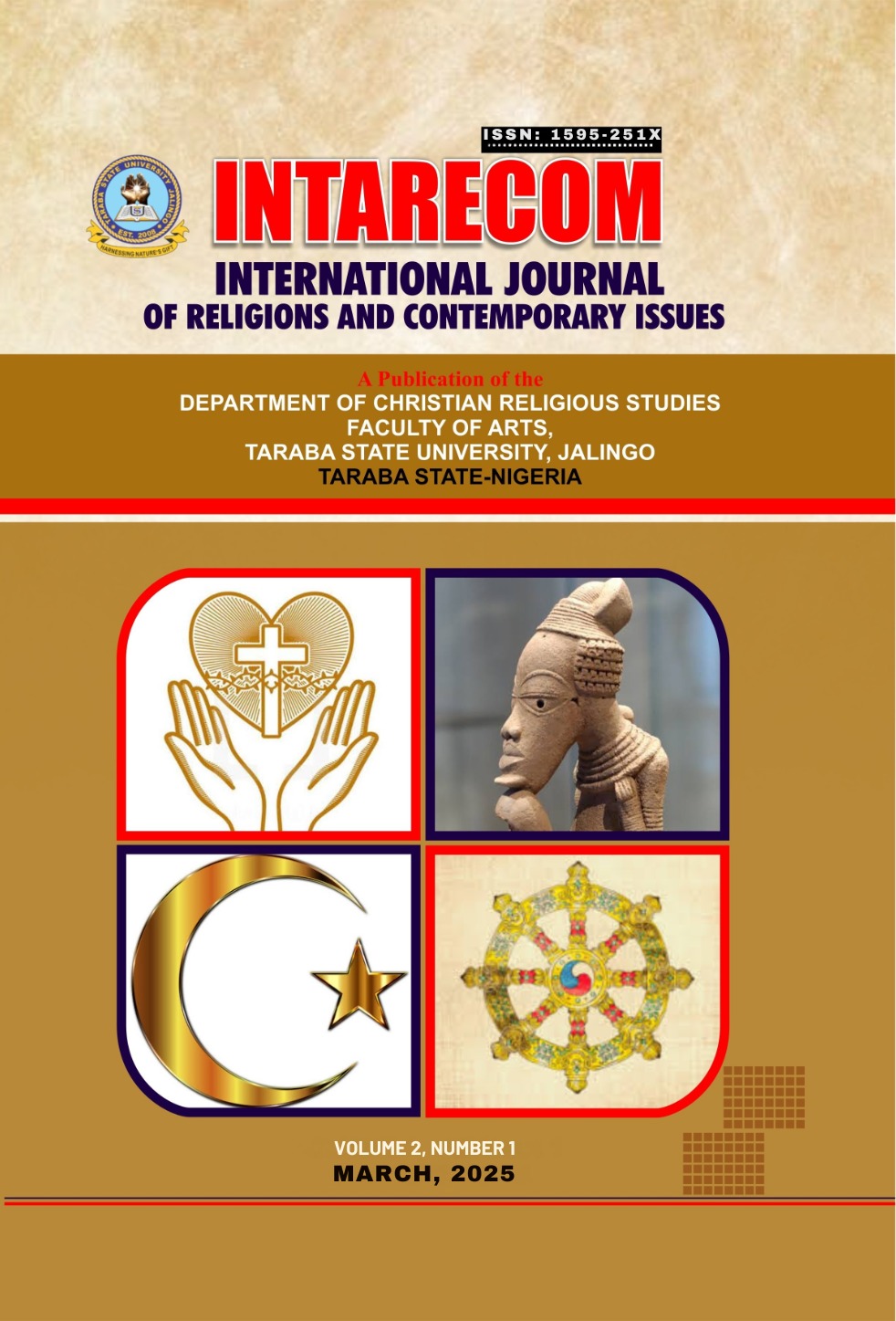THE NGGARABA DANCE SONG AS A PREVENTIVE MEASURE AGAINST UNWANTED PREGNANCY AMONG HIGI ADOLESCENT GIRLS IN MICHIKA LGA, ADAMAWA STATE, NIGERIA
Keywords:
Ngareba Dance, Unwanted Pregnancy, Higi Culture, African Oral Tradition.Abstract
This study explores the role of Ngareba dance songs as a cultural mechanism to combat unwanted pregnancy among Higi young girls in the Michika local government area of Adamawa State, Nigeria. Unwanted pregnancy remains a significant social and moral
challenge in many African societies, including the Higi people. Scholars have suggested various approaches to address this issue, but traditional cultural practices like Ngareba dance songs offer a unique, indigenous solution. Ngareba is an annual dance ceremony that serves as a rite of passage, celebrating the transition from childhood to adulthood. The dance songs, often satirical or cautionary, function as potent tools for social control and moral guidance, instilling moral consciousness and fear of communal shame. The study uses qualitative methods, such as interviews and focus group discussions with community members, elders, and young girls who participate in the dance, to examine perceptions about how effective these songs are in reducing unwanted pregnancies. Findings reveal that Ngareba dance songs contain moral teachings, warnings, and rebukes directed at girls who engage in premarital sex
and become pregnant outside wedlock. The fear of public ridicule and social exclusion acts as a deterrent to promiscuity, reinforcing societal expectations for chastity and responsible behaviour. The study highlights the importance of integrating cultural practices like Ngareba dance songs into broader educational strategies aimed at addressing unwanted pregnancies, suggesting that such traditional forms of communication can complement formal sex education and parental guidance. It advocates for the preservation and promotion of Ngareba dance songs as vital components of the social fabric, contributing to the moral upbringing of youth. Ultimately, the research shows how we can harness African oral traditions for behavioural change and societal development, addressing contemporary social challenges through cultural heritage.

